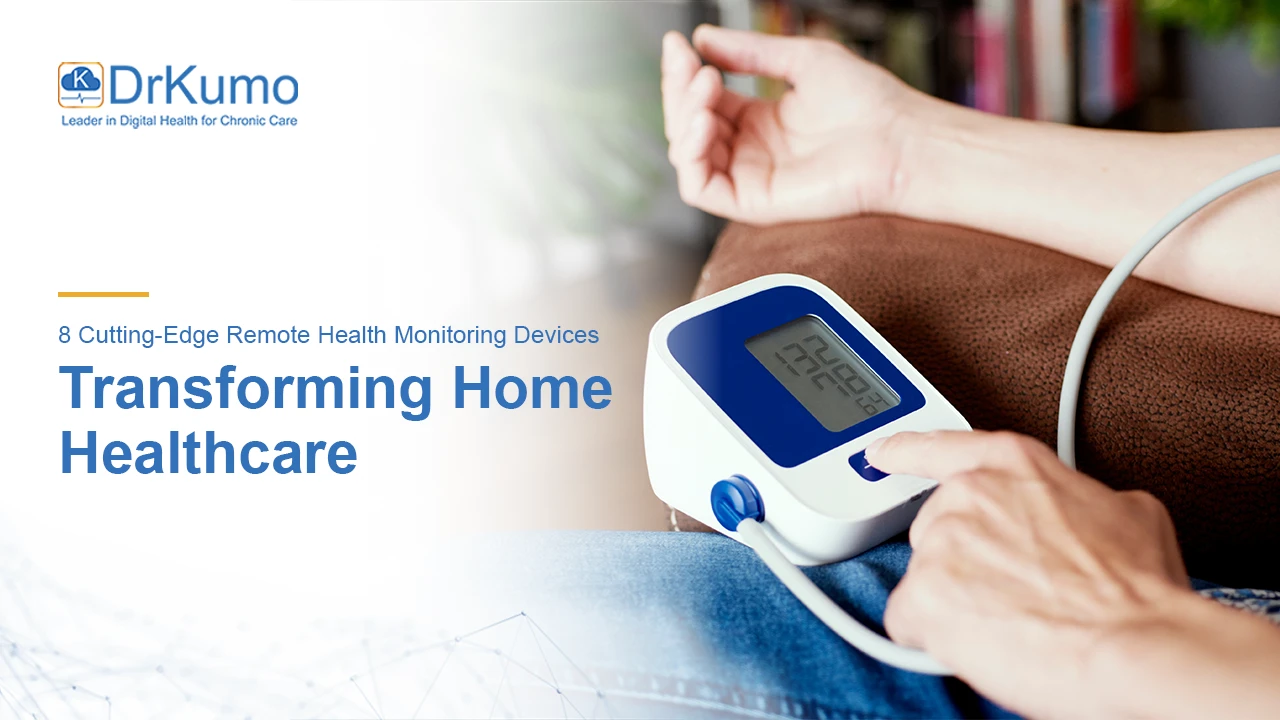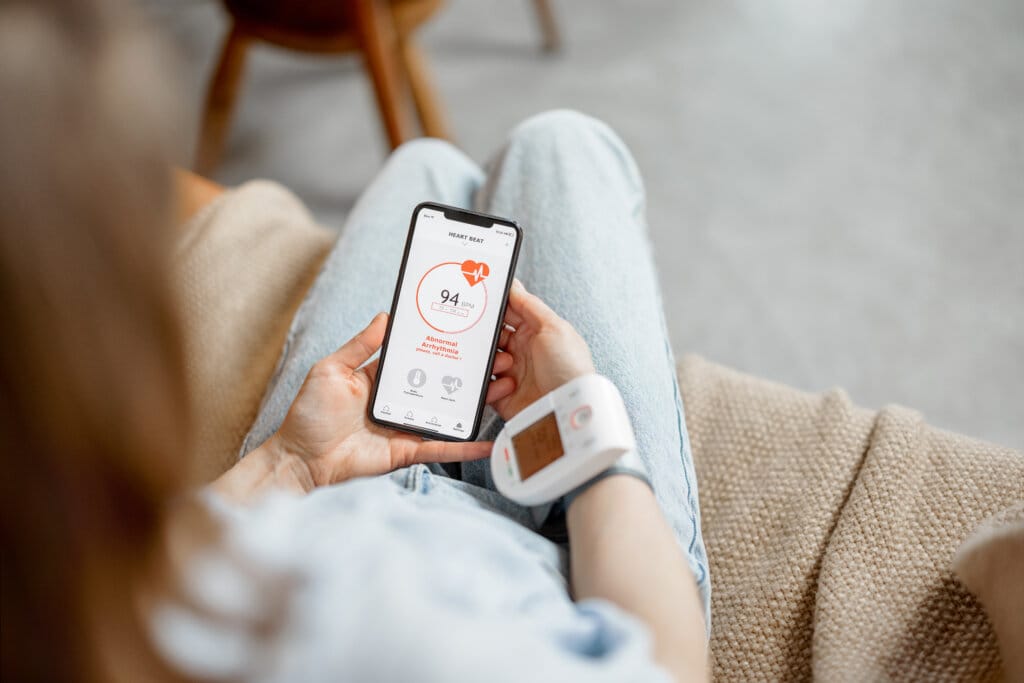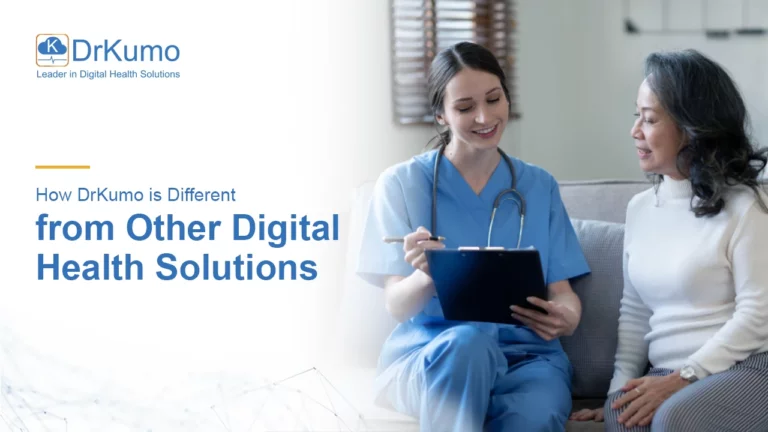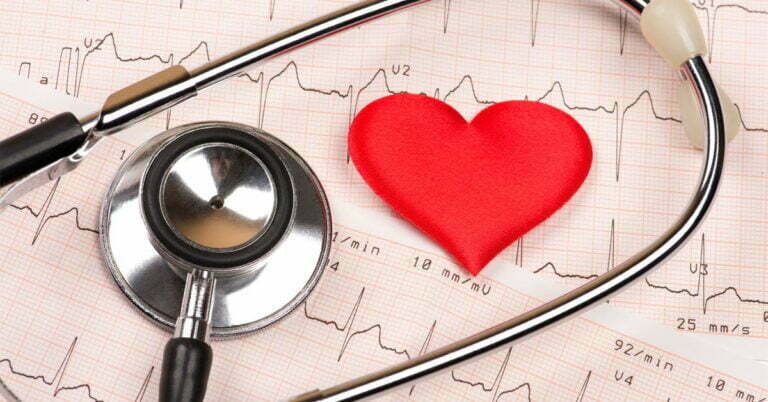The healthcare landscape is undergoing a remarkable transformation, driven by the integration of cutting-edge technology. Managing personal health has become as simple as checking your smartphone, thanks to the integration of advanced remote health monitoring devices, giving nearly, giving nearly 50 million Americans unprecedented control over their health from the comfort of home.
These innovative tools not only empower individuals to track their vital signs but also provide healthcare professionals with critical data for informed decision-making. In fact, 80% of Americans favor remote patient monitoring, recognizing its potential to enhance healthcare delivery and reduce unnecessary hospital visits.
Are you ready to discover how these monitoring devices can enhance your health and well-being? In this article, we will explore the top 8 remote health monitoring (RHM) devices that are not just changing the game—they’re redefining what it means to receive care at home.
The Importance of Remote Health Monitoring
Remote health monitoring is crucial for several reasons:
- Increased Accessibility: Patients can receive care without the need for frequent hospital visits, making healthcare more accessible, especially for those in rural or underserved areas.
- Real-Time Data: Continuous monitoring provides real-time data that can lead to quicker interventions and better management of chronic conditions. For example, patients with chronic heart conditions can be continuously monitored, allowing healthcare providers to track fluctuations in heart rate, blood pressure, or arrhythmias in real time. This enables immediate responses, such as adjusting medications or scheduling timely interventions, ultimately improving patient outcomes and reducing hospital readmissions.
- Patient Empowerment: These smart devices encourage patients to take an active role in their health management, fostering a sense of responsibility and engagement.

A woman monitors her heart rate and blood pressure using rpm device
1. Smart Wearables
Smart wearables, such as fitness trackers and smartwatches, monitor vital signs like heart rate, blood pressure, and sleep patterns. These devices not only track daily activities but also provide real-time health data to both patients and healthcare providers. By integrating this information into health management plans, clinicians can offer personalized care tailored to individual needs.
2. Blood Pressure Monitors
Bluetooth-enabled blood pressure monitors allow patients to measure their blood pressure at home and transmit the results directly to healthcare providers. This continuous monitoring is essential for managing conditions like hypertension and can lead to early detection of potential health issues.
3. Continuous Glucose Monitors (CGMs)
GMs provide real-time tracking of blood glucose levels for diabetic patients. These devices use subcutaneous sensors to monitor glucose fluctuations throughout the day and night, enabling timely adjustments to treatment plans. The data collected helps healthcare providers maintain optimal glycemic control and improve patient outcomes.
4. Pulse Oximeters
Pulse oximeters are non-invasive devices that measure blood oxygen saturation levels and pulse rate. These devices are particularly beneficial for patients with respiratory conditions, as they provide critical information about lung function and oxygen delivery in real time. The ability to monitor these metrics from home enhances patient safety and allows for prompt medical intervention when necessary.
5. Smart Thermometers
Smart thermometers offer an easy way to monitor body temperature, syncing data with mobile applications for seamless tracking. This is especially valuable during flu season or pandemics when timely detection of fever can lead to quicker diagnosis and treatment.
6. Remote ECG Devices
Remote electrocardiogram (ECG) devices record the electrical activity of the heart and transmit this data to healthcare providers in real time. This technology is crucial for patients with cardiovascular conditions, as it enables continuous monitoring and immediate action in case of irregular heart rhythms or other complications.
7. Smart Scales
Smart scales not only measure weight but also track body composition metrics such as body fat percentage and muscle mass. By regularly monitoring weight changes, healthcare providers can identify potential health issues early on, such as heart disease or diabetes complications.
8. Telehealth Platforms
While not a device per se, telehealth platforms integrate various remote monitoring tools into a cohesive system that allows for virtual consultations between patients and healthcare providers. These platforms facilitate continuous communication, ensuring that patients receive timely advice based on their health data without needing to visit a clinic in person.
Challenges in Remote Health Monitoring
Despite the benefits of remote health monitoring devices, there are challenges that need addressing:
- Data Privacy: Ensuring patient data security is paramount as sensitive health information is transmitted over networks.
- Technology Adoption: Some patients may struggle with using new technologies or may not have access to reliable internet connections.
- Integration with Existing Systems: Healthcare providers must ensure that these devices seamlessly integrate into existing electronic health record (EHR) systems for effective data utilization. In the rapidly evolving field of Remote Patient Monitoring (RPM), ensuring accurate readings from monitoring devices is crucial for effective healthcare delivery. Inaccurate data can lead to misdiagnoses, inappropriate treatments, and overall poor patient outcomes.
The Future of Home Healthcare
As technology continues to evolve, the future of home healthcare looks promising:
- AI Integration: Artificial intelligence will play a significant role in analyzing data collected from remote monitoring devices, providing predictive insights that can enhance patient care.
- Personalized Medicine: With more data available from these devices, healthcare providers can tailor treatments based on individual patient profiles, leading to improved outcomes.
- Increased Collaboration: Remote monitoring will foster greater collaboration between patients and healthcare providers, creating a more holistic approach to health management.
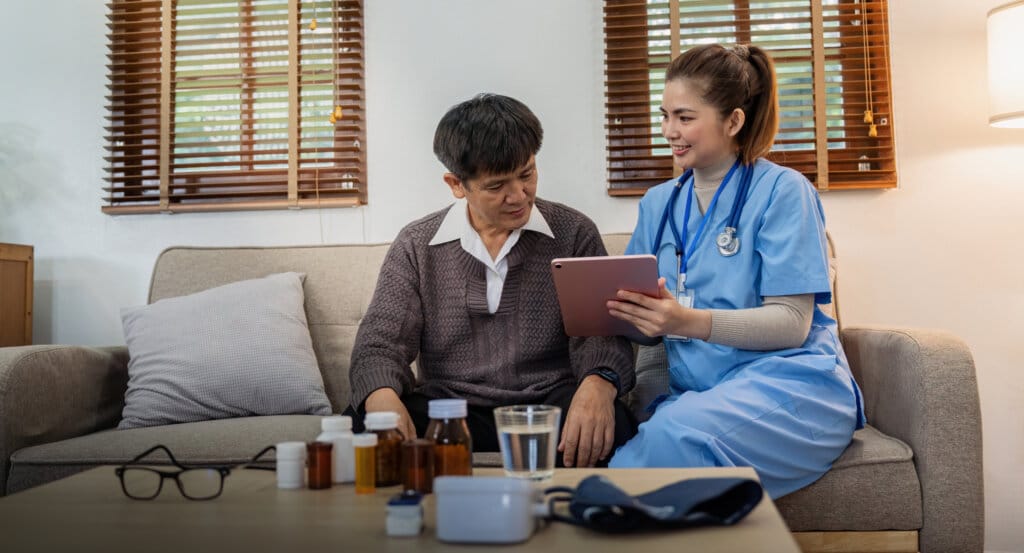
Connecting Home Healthcare to DrKumo’s Innovative RPM Solutions
In the realm of remote health monitoring, DrKumo stands out as a leader in providing advanced Remote Patient Monitoring (RPM) solutions that seamlessly integrate with home healthcare. As we explore the 8 Cutting-Edge Remote Health Monitoring Devices Transforming Home Healthcare, it’s essential to highlight how DrKumo’s technology enhances these devices, ensuring that patients receive the highest quality of care while managing their health from home.
DrKumo’s RPM solutions not only facilitate real-time monitoring of vital signs but also empower healthcare providers with actionable insights derived from patient-generated health data. With features like secure data transmission, integration with Disease Management Protocols (DMPs), and a user-friendly interface, DrKumo is revolutionizing the way healthcare is delivered outside traditional clinical settings.
By leveraging DrKumo’s innovative RPM technology, patients can experience improved engagement and compliance in their care plans, leading to better health outcomes and reduced hospital readmissions. As we delve into the top eight remote health monitoring devices, we will also examine how DrKumo enhances these tools to create a comprehensive, patient-centered healthcare experience.
Takeaways
The integration of remote health monitoring devices into home healthcare is more than a trend; it is a revolution that is fundamentally changing how patients manage their health and interact with healthcare providers.
By leveraging these advanced technologies, patients gain greater control over their well-being, while healthcare professionals can deliver more personalized, proactive care tailored to individual needs. Statistics show that RPM can reduce hospital readmissions, highlighting its effectiveness in improving patient outcomes and minimizing healthcare costs.
As technology continues to advance, the potential for these devices to enhance the quality of care will only grow, making home healthcare more efficient and accessible than ever before. With the continued evolution of remote health monitoring technologies, patients will be more empowered, connected, and supported in their health journey than ever before. This is not just a possibility; it is an imperative for healthcare providers who want to stay at the forefront of patient care.
Now is the time to embrace this change. Equip your practice with cutting-edge remote health monitoring solutions like those offered by DrKumo, ensuring that you provide the highest standard of care while improving patient engagement and satisfaction.Contact us today to learn how DrKumo’s RPM solutions can transform your practice and enhance your patient care delivery.
Disclaimer: This article is for informational purposes only and not medical advice. Results may vary, consult healthcare professionals for personalized guidance before making health decisions.
